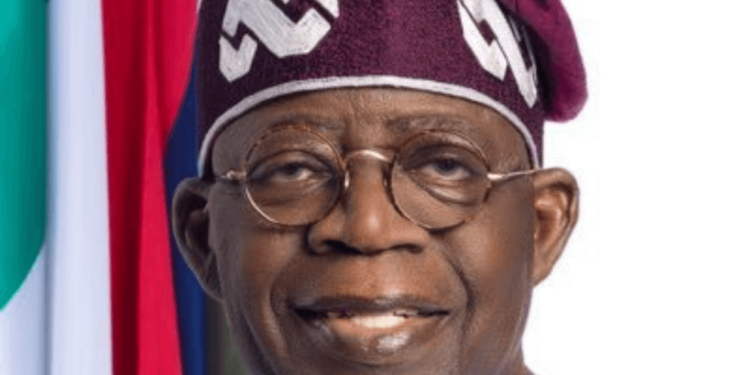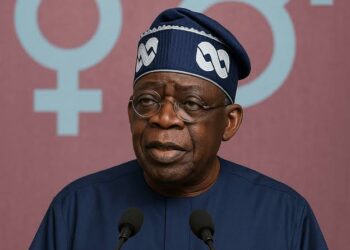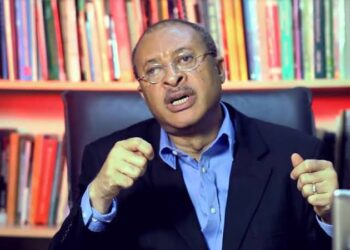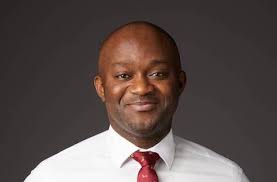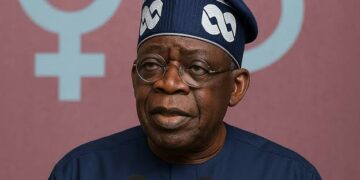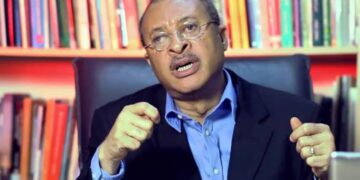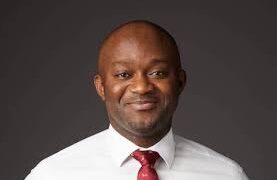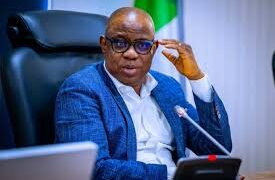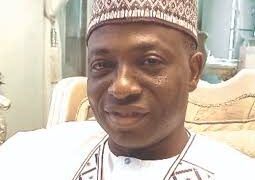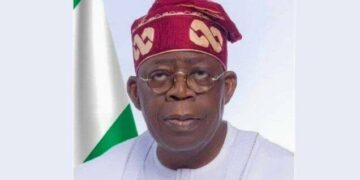In his first presidential media chat since taking office, President Bola Ahmed Tinubu addressed critical national challenges, including reducing inflation, subsidy removal, economic reforms, and security. The session, moderated by Reuben Abati, aired on national television and offered Nigerians insights into the administration’s plans for the future.
President Tinubu reaffirmed his goal of reducing inflation from 34.6% to 15% in 2025, emphasizing increased local production and agricultural development. “Produce more for consumption locally, give a reasonable level of low-interest loans to farmers, and ensure their security,” he stated. Mechanized farming, pharmaceutical procurement, and marine ecosystem development are key elements of this strategy.
Tinubu defended his decision to remove the petrol subsidy, labeling it unsustainable and harmful to the nation’s finances. “We cannot spend the investments of future generations today,” he said, noting the need for responsible resource management. On price control, the President emphasized the importance of market supply rather than artificial price caps.
Acknowledging Nigeria’s infrastructure deficits, Tinubu described borrowing as essential for long-term development. “Our borrowing is focused on capital projects—roads, internet, electricity, and power generation,” he explained. The President assured Nigerians that funds are being judiciously managed to ensure grassroots development and economic recovery.
Tinubu expressed confidence in Nigeria’s security architecture, highlighting ongoing investments in technology and training. On corruption, he emphasized transparency and improved public sector wages as deterrents. “Anti-corruption measures include subsidy removal and mechanisms to block inefficiencies,” he added.
The administration’s tax reforms aim to widen the tax net and encourage compliance. Tinubu described these reforms as “pro-poor” and essential for sustainable development. He also outlined plans to attract foreign investment through incentives in solid minerals, electric vehicles, and natural gas programs.
The President highlighted the introduction of student loans as a step toward reducing education costs for families. He praised the initiative for enabling more Nigerians to access higher education and improve their livelihoods.
Looking ahead to 2025, Tinubu described the year as “very promising,” urging citizens to remain optimistic and cooperative. “The promise is there, we’re on the right path. Let us believe in ourselves and our country,” he said.


